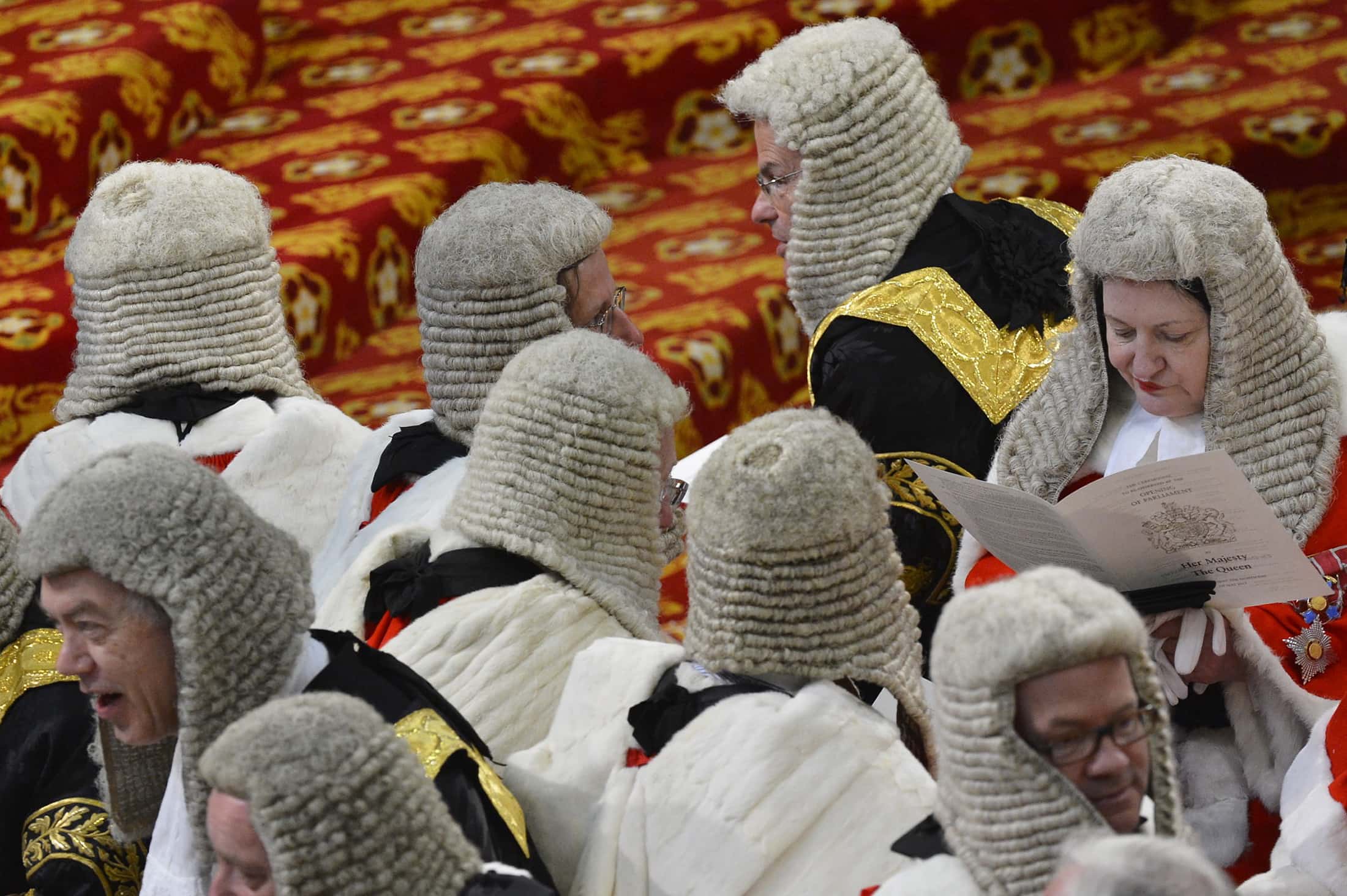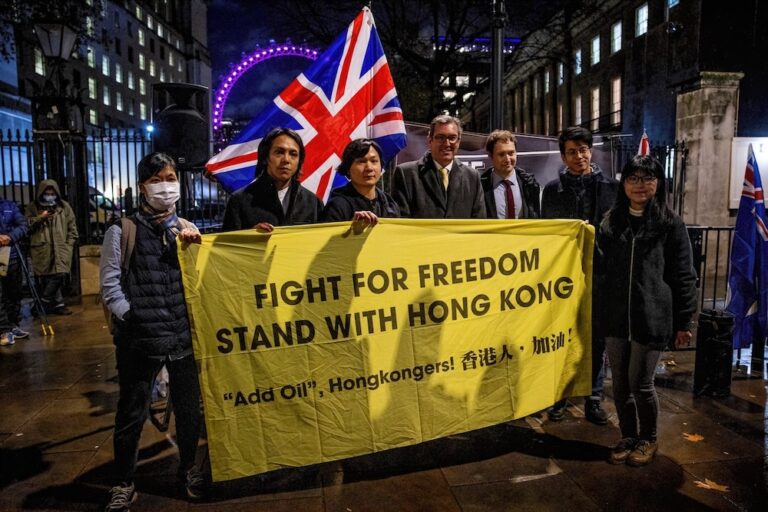A proposed new UK law could lead to the imprisonment of civil servants and journalists for disclosing information that would otherwise be available to anyone who asked for it.
This statement was originally published on article19.org on 8 May 2017.
New proposals by the UK Law Commission to reform the 1989 Official Secrets Act (OSA) could lead to the imprisonment of civil servants and journalists for disclosing information that would be available to anyone asking for it under the Freedom of Information Act, say the Campaign for Freedom of Information (CFOI) and ARTICLE 19.
The Law Commission is proposing to make it easier to secure convictions under the 1989 OSA by weakening the test for proving an offence. But the proposed weaker test would catch information that would have to be disclosed under the Freedom of Information (FOI) Act, say the CFOI and ARTICLE 19.
In a joint response to the Law Commission proposals, ARTICLE 19 and the CFOI are concerned that:
– Whistleblowers and journalists could be convicted for revealing information about defence, international relations or law enforcement that is unlikely to cause harm
– Leaking information that anyone could obtain by making an FOI request could be an offence
– It would not be a defence to show that the information had already lawfully been made public under the FOI Act or otherwise – unless the information had also been ‘widely disseminated’
– Someone revealing danger to the public, abuse of power or serious misconduct would not be able to argue that they acted in the public interest
– Maximum prison sentences on conviction, currently 2 years, would be increased.
CFOI director Maurice Frankel said: “These proposals are not only oppressive but unworkable. It is beyond common sense to make it an Official Secrets offence to leak information which anyone could obtain under FOI. The proposals would deter officials from discussing information that has lawfully been made public. It will set the FOI Act and the Official Secrets Act on a collision course. It is not the Law Commission’s job to make an ass of the law but that’s what its proposals would do.”
ARTICLE 19 Executive Director Thomas Hughes said: “In many countries in the world, secrecy laws are abused to imprison and harass journalists, whistleblowers and civil society, in particular in many Commonwealth countries where these laws are a legacy of British colonial control and oppression. If taken forward, the Commission’s proposals would move the clock backwards, undoing improvements in the UK’s 1989 Official Secrets Acts, and setting a dangerous example of eroding freedom of expression protections, which may be copied by oppressive regimes globally.”
The 1989 Official Secrets Act makes the leaking of information in certain areas, and the publication of those leaks, an offence. Some offences are committed regardless of whether the information is shown to be harmful. Others require proof that a disclosure is ‘likely’ to damage defence, international relations, or law enforcement, or falls into a ‘class’ of information likely to damage the security services’ work.
The Law Commission says the ‘likely to damage’ test prevents prosecutions being brought, because proving this requires even more damaging information to be revealed in court. The CFOI and ARTICLE 19 point out that sensitive evidence can be given in camera during a trial of OSA offences and say the Commission has not explained why this very considerable safeguard is inadequate.
The Commission wants the harm test to be reduced from ‘likely’ to cause harm to ‘capable’ of causing harm, but the FOI Act only exempts information about defence, international relations and law enforcement if disclosure would be ‘likely’ to harm those interests.* Leaking information which is capable of but very unlikely to harm, say, law enforcement would therefore become an offence – although such information must be disclosed to anyone who asks for it under FOI. An official would face the threat of imprisonment for making an unauthorised disclosure of information which anyone could obtain on request.
ARTICLE 19 and the CFOI are extremely concerned about the Law Commission’s proposals and the quality of the analysis which supports them. The proposals would substantially and unnecessarily extend the reach of the Official Secrets Act 1989, and threaten journalists and whistleblowers who release information about danger to the public, abuse of power or serious misconduct. The example this sets internationally is further cause for concern.
Notes
*Information about the work of the security and intelligence services is not available under the FOI Act at all, unless it is 30 years old and held by The National Archives, when it may be disclosable on public interest grounds.
The CFOI/ARTICLE 19 submission is available here.
The Law Commission’s consultation document setting out its proposals was published in February 2017 and is available here. The consultation ended on 3 May 2017.



